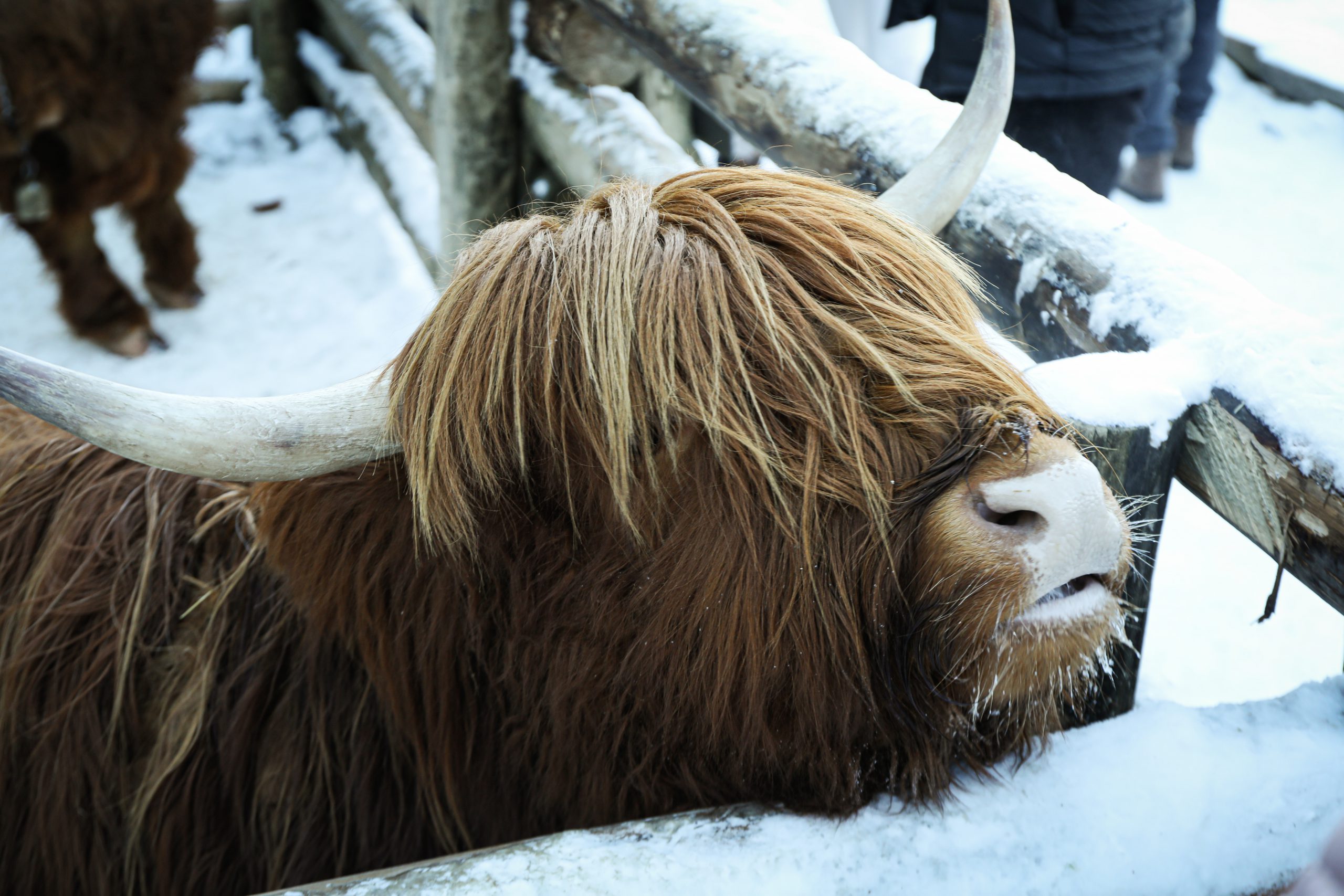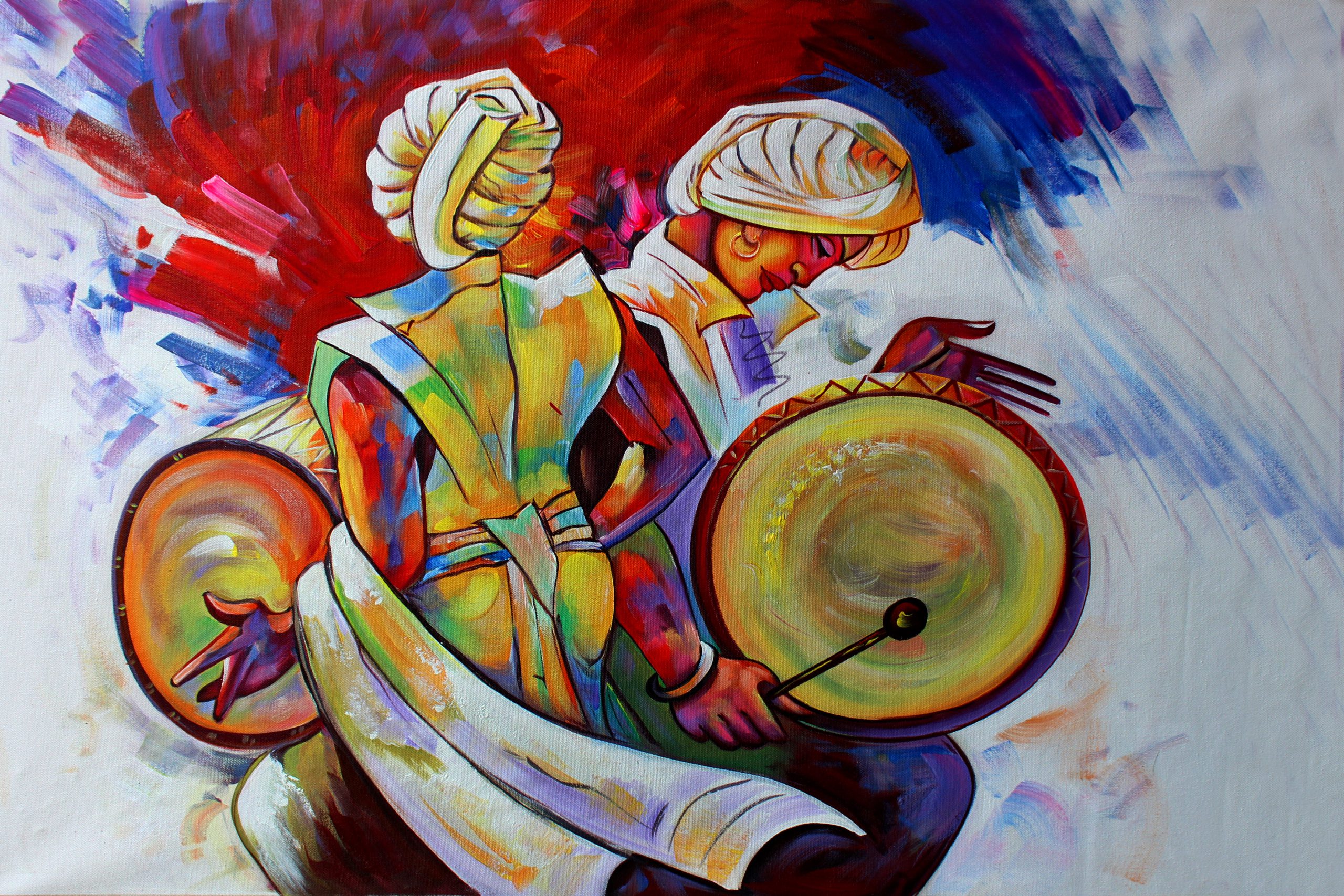
Criterion’s new Jackie Chan box set, “Emergence of a Superstar,” captures a fraught period in the career of a budding Chan who, at the end of the 1970s, was still reliant on the ghost of Bruce Lee for the bulk of his opportunities. Chan’s patron Lo Wei, the journeyman (some would say disinterested) director who credited himself with discovering Chan from among his Peking Opera School peers, used him as a stunt person in one of the two films in which he directed Lee. Upon Lee’s death in 1973, Lo was among those filmmakers who spearheaded the “Brucesploitation” subgenre of martial arts films seeking to capitalize on what they perceived as the door propped open by the international, blockbuster, crossover success of “Enter the Dragon” (1973). With Lee gone, Lo and others began dumping a series of knock-off, largely-formulaic kung-fu flicks into a flooded marketplace starring artists willing to redub themselves with sound-alike names like Bruce “Li, Lie, Le, Leung,“ and “Ly.” Chan, when he appeared in Brucesploitation, took the name “Chen Lung” which sounds vaguely like Bruce Lee’s Chinese name “Li Xia Lung.” My favorite of these imposters, “Lee Bruce,” seems to suggest a cosmic clerical error that has led to the misfiling of Bruce Lee in some wacky supernatural mix-up. In the period before the Internet, this ploy was sure to net a few of the most gullible before word spread that Bruce Lee had, indeed, only completed five films.

Lo, who Lee hated, directed Lee in “The Big Boss” (1971) and “Fist of Fury” (1972) and from that limited, and Lee would suggest over-valued experience, Lo believed he could replicate Lee’s persona as easily as simulating his name: just marry some combination of grim determination with berserker rage, add yips liberally and watch the dollars roll in. But it didn’t work that way and, increasingly, a bored and dispirited Lo gave off directing duties to his protege Chen Chi-Wha who, to his credit, allowed Chan to explore what it meant to be Chan. Chan’s a game Bruce in titles like “New Fist of Fury” (1976), but there are moments in each of the otherwise humorless films from this period with Lo where Chan’s childish, impish sense of humor leaks through. Chan was never a destroyer of men: he’s a clown and a hustler, interested in adolescent flirtations and in constant need of learning new skills because he’s constantly being found to be deficient. Where Lee is invulnerable, Chan is constantly in agony; where Lee is driven by the taste of his own blood, Chan is inspired by a little tipple or a slug of bong water; Lee ennobled by the voices of ancestor warriors, Chan coached by a gang of pink-haired ghosts he masters by pissing on them. Truly, “Spiritual Kung Fu” (Lo Wei, 1978) is one of the most peculiar films of Chan’s career. Well, until it isn’t.
Chan’s tension between the person Lo hoped he could be and the person he was came to a head in that same year, 1978, when Chan choreographed and starred in seven feature films. (The only year in which he made more films was 1973 in which he appeared in 12, though most of those were as un-credited “thug” extras on films for which he hadn’t yet assumed fight coordinator duties.) In that one year, 1978, in addition to “Spiritual Kung Fu,” Chan starred in “Half a Loaf of Kung Fu” (Chen Chi-Hwa), in fellow Peking Opera-alumni Yuen Woo-Ping’s “Snake in Eagle’s Shadow,” “Snake and Crane Arts of Shaolin” (Chen Chi-Hwa), “Magnificent Bodyguards” (Lo Wei), “Huo shao shao lin men” (Nam Seok-hoon) and his breakthrough picture “Drunken Master” (Yuen Woo-Ping). “Drunken Master’s” success led to Chan’s first directing duty in the next year’s “Fearless Hyena” (1979). Between the two films, a star – some would say the greatest action star the world has ever seen in terms of just the sheer numbers of people who flocked to see him perform – was well and truly born. After it, duly ennobled by a few more years of unprecedented success, Chan left in the middle of filming “Fearless Hyena II” (1983) to join with upstart production company Golden Harvest, a slight Lo Wei met with threats of Tong retribution. The first Jackie Chan movie I ever saw was a VHS bootleg of “Fearless Hyena” my parents procured from a local Vietnamese grocer when I was 10. Dubbed in a language I didn’t speak (Cantonese?) I remember trying to do a trick on a banister where Chan flips over it backwards, then forwards into a basket. It didn’t go well but Chan, as was his habit, made it look so easy.

Criterion’s new collection tells the story of Chan’s emancipation and early glory in a collection six films: “Half a Loaf of Kung Fu” which plays like a tribute to Looney Tunes, Popeye, and Andrew Lloyd Webber; “Spiritual Kung Fu,” the one with the pink-haired ghosts and the pee; “The Fearless Hyena” in which Chan gets to direct himself for the first time and its sequel that had to be finished with doubles and outtakes when Chan defected; then “The Young Master” (1980) and “My Lucky Stars” (1985) that established him as one of the distinctive talents of this generation. Two films before his mature period, two films right in the heart of his transition, and two films during a superstar era that found him titanic in every market except for the United States where he tried, twice, to breakthrough in a pair of “Cannonball Run” movies, but was sent packing in humiliating sidekick roles as, of all things, a Japanese mechanic. Chan’s shtick is to some degree self-deprecation but never humility. There’s an arrogance to his feats of impossible derring-do; to the ease with which he runs up a ferris wheel in “My Lucky Stars” for instance, or how he casually crab walks himself up the walls of a blind alley in “The Young Master.” I think the cruelest pill for him to swallow was, and remains, the extent to which Hollywood has perfected the art of castrating and infantilizing Asian men.
When everything was still possible for Chan though, we see in these pristine new transfers the voice of one of the world’s great physical comedians yearning to breathe free. He is an environmental comedian: one gifted in finding the possibilities of props and various architectural features to augment his intricate fight designs. Watch how his inventiveness grows from a standard battle between him, bearing nunchucks, and a gang of monks wielding long staffs in the conclusion of “Spiritual Kung Fu” to a fight in a street between a whip-wielding villain and Chan, doing a mean tarantella in a flowing red dress while balancing on a beam. Every angle and combination of actions is explored and scored with a Spanish tango. The end of the fight? A victorious Chan prepares to stride off but trips on the hem of his skirt: the perfect punchline to a magnificent gag. It is the best thing of its kind since Buster Keaton was allowed to direct himself and then Chan outdoes it again and again for the next twenty years. The last shot of “The Young Master,” after a bruising battle with the arch villain, finds our hero borne victoriously through the streets in full body cast. This is Jackie Chan, fully formed in 1980, this combination of brio and frailty: the manifestation of fortune favoring the fool.

Frank Djeng offers impactful, informative commentary tracks for “The Fearless Hyena” and “The Young Master,” detailing the elements Chan was finally able to incorporate of his budding persona in these early directorial efforts. Freed from directors wanting him to hew more to traditional fight narratives and notions of seriousness up to wanting him to be a Bruce Lee doppelganger, how did his style blossom now with the help of not only his stardom and the freedom that comes with it, but of his friends from the Peking Opera School, Yuen Woo-Ping and Sammo Hung, the gang of them creating a visual language for the entire genre. Author Grady Hendrix provides a very fine appreciation of Chan while archival interviews with Chan and other luminaries from this period are packed with the kind of braggadocio that attends the arrival of every big new thing. They knew they’d found something magical – something gold in the alchemy between Old Hollywood Mack Sennett slapstick and the skills that had been beaten into them by traditional acrobatics and martial arts training. Where the West could boast of vaudevillains like Donald O’Connor and Gene Kelly, the East could now point to their own stage traditions as similar breeding grounds for intimidating physical prowess paired with unparalleled comedic timing. A booklet essay by Alex Pappademas is an exceptional example of incisive, and entertaining, scholarship. He provides a history of Chan and these films that is indispensable for fan and neophyte. “Jackie Chan: Emergence of a Superstar” is a superiorly curated introduction of a moment we largely take for granted if we think of it at all. Of course, Jackie Chan had to happen, but without providence and the opportunities opened by tragedy, happenstance, and greed, it might not have. It’s essential stuff.




